Generative AI in Film & TV: Netflix Shares New Content Guidelines
Generative AI is slowly taking over most businesses and industries with the wide adoption of AI-powered tools. So, Netflix is no longer distant from this new GenAI. However, to take a stance on global content production, Netflix has issued a list of guidelines that highlight when and how these generative tools can be responsibly deployed.
According to Netflix, this initiative is primarily designed for filmmakers, vendors, and production partners, focusing on enhanced data security, transparency, and respect for talent rights. Read more in detail here.
Netflix’s New Guidelines
The new set of guidelines by Netflix gives the production teams a well-structured approach to keep an eye out for the proposed AI applications. So, most low-risk cases are expected not to have legal review. However, there must be a written approval for any use in the final deliverables, personal data, talent likeness, or third-party intellectual property.
Also Read: Instagram to Welcome Retention Chart & Skip Rate in Reels
Primary Principles Analyzed by Netflix
Refer to the key principles that all partners of Netflix will have to evaluate generative AI use cases:
- AI outputs should not recreate or replicate any copyrighted material, on unowned likeness.
- Generative tools must be operated in enterprise-secured environments whenever the same is possible.
- These tools should not reuse, train, or store any production outputs or inputs on the platform.
- GenAI cannot be used to replace or generate talent performance or union-covered work without consent.
- AI-generated material will not be labelled as temporary and excluded from the main deliverables unless it is made clear.
So, if any use case fits all these criteria, then just informing the Netflix contact will be enough. But other exceptions or uncertainties will have to be addressed with approvals and escalations.
The Need for Written Approval
Netflix also specifies the cases in which written approval will be mandatory. Check out the cases below:
- Ethics & Representations: AI-generated content must not lead to misleading audiences or fabricate events, or displace union-represented work without agreements in place.
- Data Use: Data must be used exclusively, such that the AI tools shall not be offered unreleased assets, images, scripts, or any personal details like cast or crew details without explicit clearance. Even the training models on third-party material will need legal rights.
- Talent & Performance: Digital replicas or any significant alterations to performances, comprising changes in emotional tone or delivery, require documented consent and compliance with union rules.
- Creative Output: AI shall not be used to form main story elements like main characters or central visual designs without any approval. There are restrictions laid on referencing copyright works, estate-controlled likenesses, or public figures.
Confidentiality and Data Protection
So, to protect the sensitive production data, Netflix suggests using AI tools based on the enterprise agreements. This also prevents training or resale of inputs. However, the use of talent likeness, confidential materials, or unreleased footage should be presented for approval.
Main Output Vs. Temporary Media
This new guideline has also drawn a difference between AI-generated mockups and materials that appear in the main deliverables. Well, the platform permits exploratory use at the time of creative development, but any AI-generated audio, visual, and text element that will be on the screen, whether foreground or background, may have to go through the clearance requirements.
Also Read: LinkedIn’s Algorithm Works Just Fine, You’re Just Using It Wrong
Talent Enhancement Considerations
There are some special provisions applicable when AI tools are used to enhance or replicate performances. Well, consent is needed for digital replicas, and there are a few exceptions, which are only for limited contexts like reshoots or scenes where the performer cannot be recognised or safety-related depictions.
Standard post-production alterations such as cosmetic adjustments, continuity fixes, and sound clarity will be permissible. Well, it also draws that AI-trained models for talent corruption shall be production-specific and will never be reused for any projects without consent.
Vendor and Workflow Error
So, when production partners work along with the vendors by functioning via custom AI workflows, each of this component are required to fulfill the requirements laid down by Netflix, including consent, data protection, and creative integrity. Also, these standards will remain the same irrespective of whether the work is done in-house or outsourced. The new update regarding generative AI has made Netflix still the one to decide what goes and how production will be done.



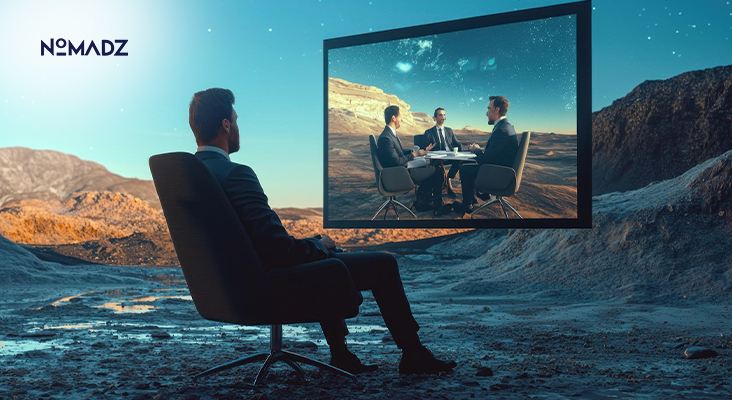
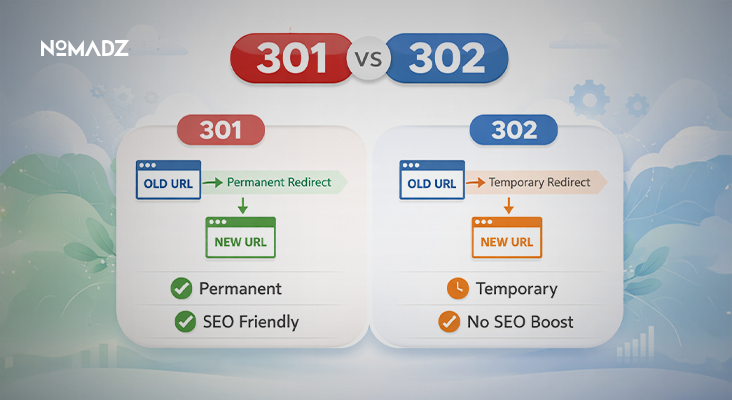
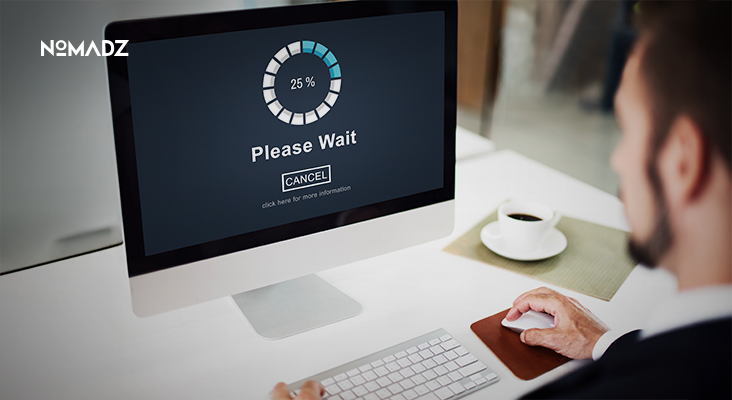
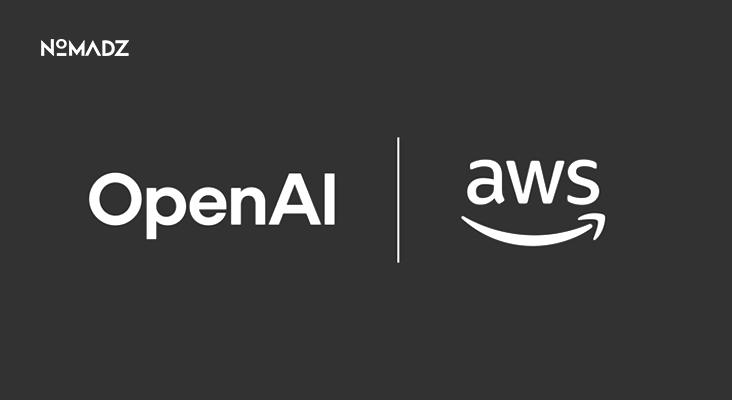
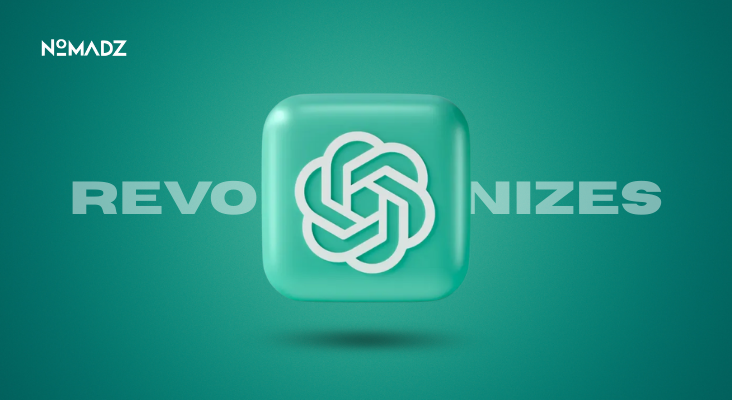
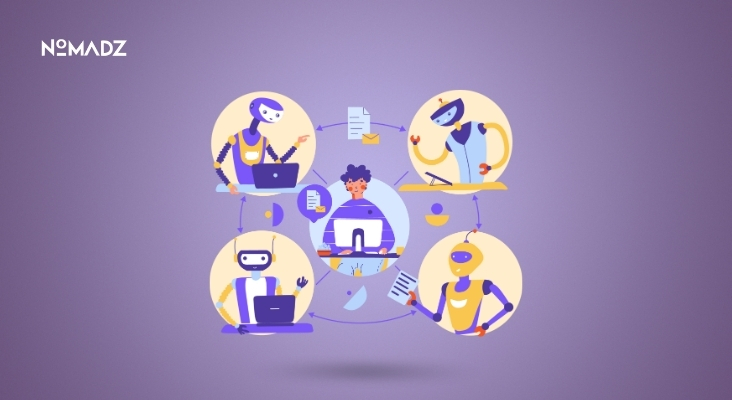
Leave feedback about this